Ms. Nguyen Thi Thu Hoai filmed a video advertising the 4-star OCOP Flamingo Incense product on the e-commerce platform. Photo: Lan Anh
Owning the product Flamingo Incense certified with 4-star OCOP, Sapo Production and Trading Company Limited (Khanh Nhac Commune) has approached the e-commerce platform since 2019. However, according to Ms. Nguyen Thi Thu Hoai, the company representative, at that time, the construction of the production process was not completed and business on the e-commerce platform was quite new, so the facility temporarily locked online sales accounts, focusing on stabilizing production, expanding direct sales points and distributing agents. In February 2025, due to the need to develop the market, sales accounts on the digital platform began to be reactivated.
According to Ms. Hoai, after only a few years, digital platforms have changed dramatically in terms of mechanisms and policies, forcing business owners to constantly adapt. Currently, businesses focus on selling on Shopee and Tiktok shops, but sales volume has not been as expected, accounting for only about 15%, while taxes and platform fees are quite high, accounting for about 25% of revenue. In addition, changes in the algorithms of platforms also make it difficult for businesses to do business on e-commerce platforms, because employees have not been properly trained in selling on digital platforms.
“Selling on e-commerce platforms requires constantly innovating ways to approach customers through videos, images, and receiving feedback; especially in the beginning, if you want your products to be more widely known, you need to invest a lot in advertising costs,” said Ms. Hoai.
Thanh Nguyen Agricultural Production and Consumption Cooperative applies digital transformation in on-site and online sales activities. Photo: Hong Minh
Sapo Production and Trading Company Limited is not the only case facing difficulties in bringing OCOP products to e-commerce platforms for consumption. Many typical OCOP products of the province, with good quality and eye-catching packaging, are still struggling to access the platform.
“I tried to put the product on the Tiktok shop floor, but the floor fee is too high, not to mention the shipping cost, the risk of returning and exchanging goods, the facility has difficulty balancing the cost, so in the coming time, we will still prioritize distributing to agents,” said Mr. Vu Anh Toan, Director of Kim Son Sea Parrot Honey Trading Joint Stock Company (Binh Minh commune).
Compared to direct distribution to stores, agents, and entities selling on digital platforms, the need to meet packaging standards according to floor and warehouse regulations is also a big challenge. In addition, many agricultural products and specialty foods are perishable and difficult to maintain quality when transported long distances, increasing risks in delivery and after-sales service.
Workers package Golden Flower Tea products of Vu Gia Pharmaceutical Company Limited before leaving the factory. Photo: Minh Duong
In fact, registering a booth and putting products on the e-commerce platform is relatively easy for OCOP entities. However, the story of operation is a difficult problem when it takes years to build a product brand, invest in advertising, promotion, and customer care. Otherwise, the product can easily be lost in the "sea of information" and difficult to reach target consumers. Meanwhile, in the digital space, industrial products and imported products with competitive prices bring countless choices to buyers with just one search keyword.
"Each 5ml bottle of essential oil is currently sold directly at the factory for 25,000 VND, but sold online for only about 20,000 VND, including floor fees, taxes, advertising costs, packaging, and labor. In terms of price, it is almost impossible to compete with the OCOP product of Quoc Thinh's old coriander essential oil sold on the floor. Meanwhile, direct consumption for large companies will stabilize the output, have a clear production plan for production output, and have less risk, so I have not put the product on the e-commerce floor yet," said Mr. Tran Van Quoc (Lai Thanh commune).
According to the Department of Agriculture and Environment, the OCOP Program aims to create OCOP products of good quality, beautiful designs, food safety, exploiting and promoting local cultural and traditional values. Therefore, products must be manufactured according to strict technical standards and processes to meet all consumer markets, including online sales platforms... However, promoting and promoting OCOP products in the digital economy is both an advantage and a challenge for rural economic entities and organizations, which are small enterprises, cooperatives, and households. The majority of entities participating in the OCOP Program have small production scales, so they face difficulties in raw material areas, lack of diversity in types, difficulty in expanding scale, and limited human resources with a good understanding of technology, making it difficult to meet large and continuous orders...
Faced with the increasing demand for OCOP products, the relevant departments continue to improve, evaluate and recognize products according to plans suitable to the practical situation of the locality; implement decentralization of management and organize evaluation and classification according to the 2-level administrative unit arrangement. At the same time, focus on policies and support solutions to promote product development entities, improve product quality and production capacity, gradually approach the market associated with the value chain, aiming to build unique OCOP products, increase value and sustainability in rural economic development.
Bui Thi Lan Anh
Source: https://baoninhbinh.org.vn/loay-hoay-tim-dau-ra-cho-san-pham-ocop-tren-nen-tang-so-207317.htm



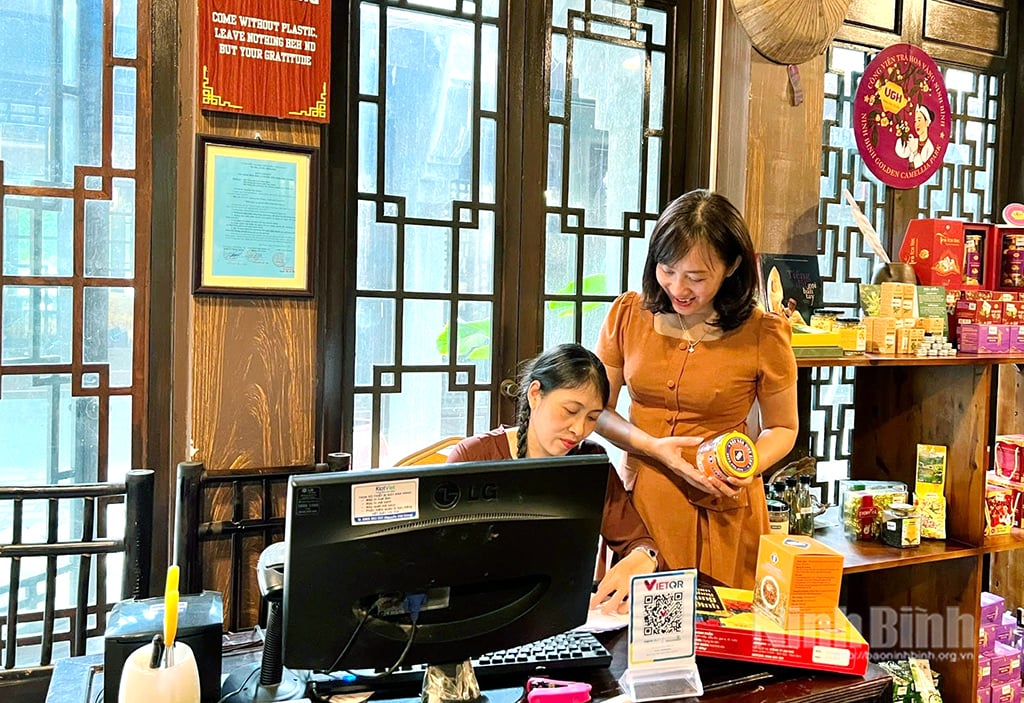
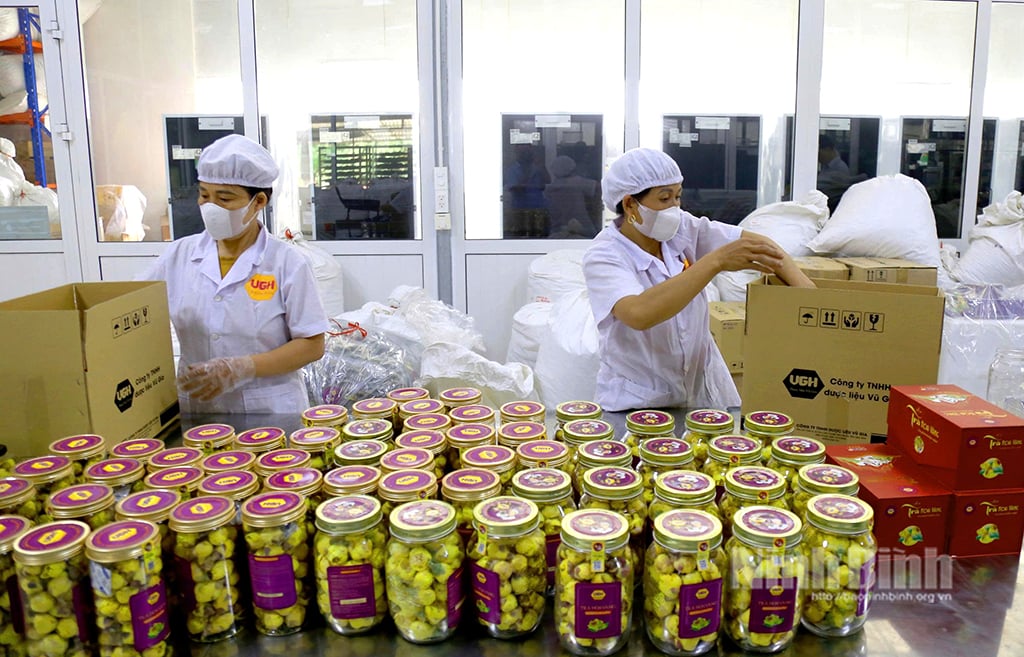
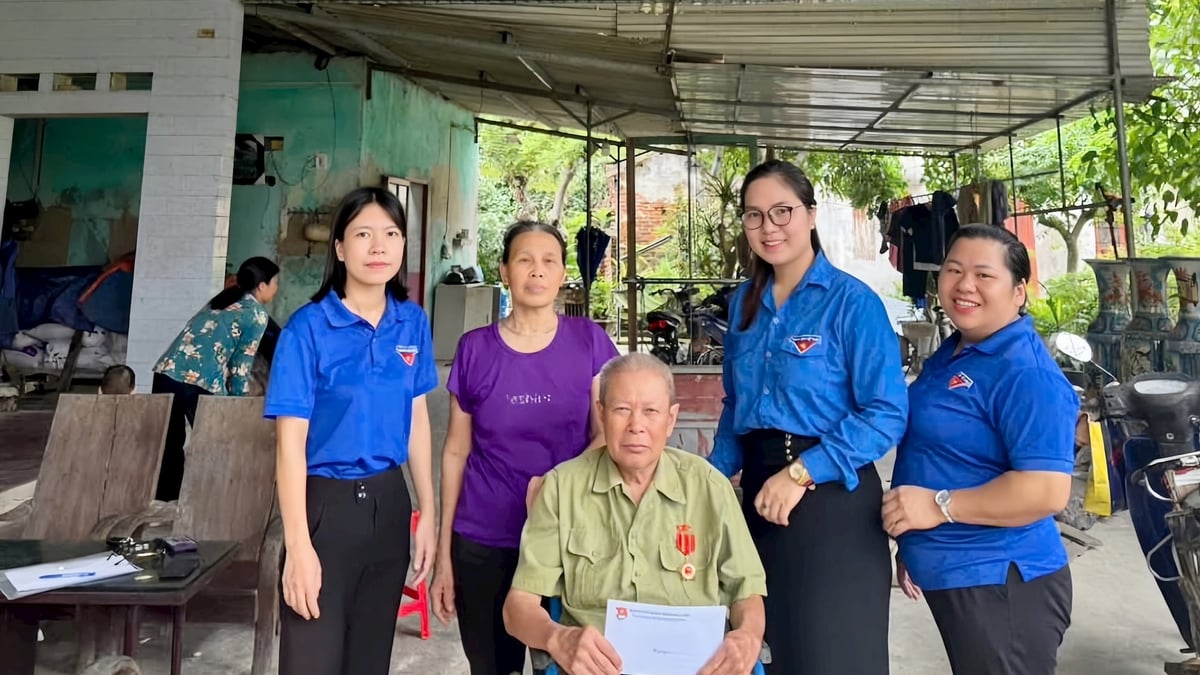
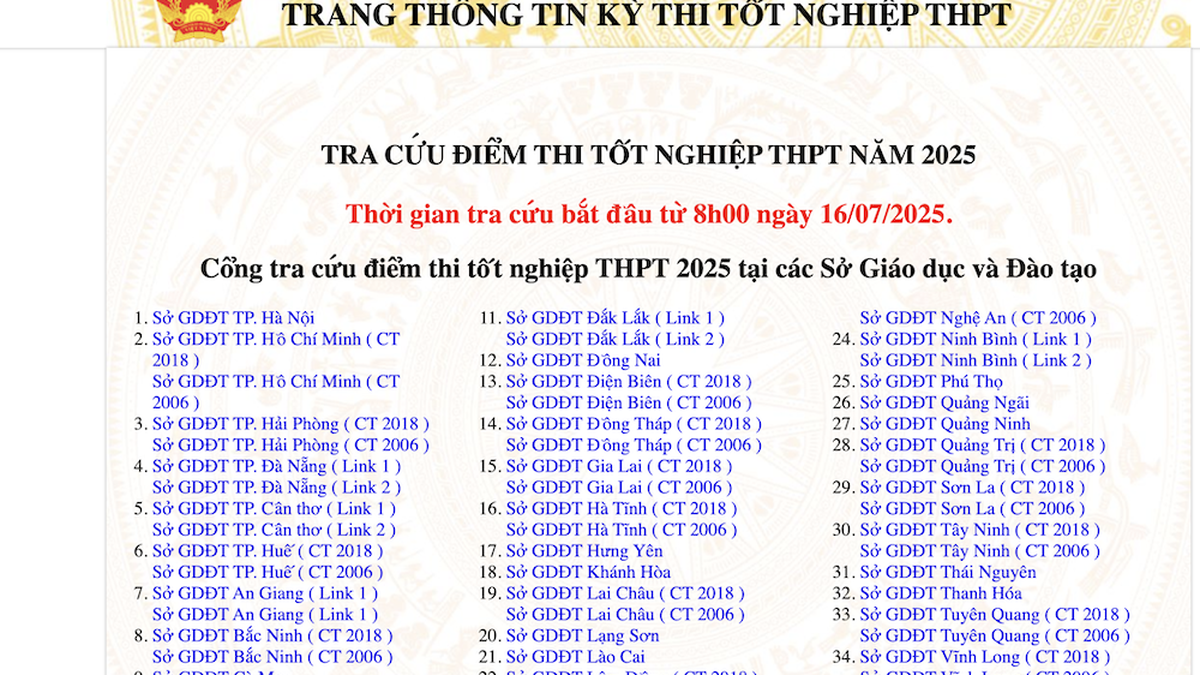
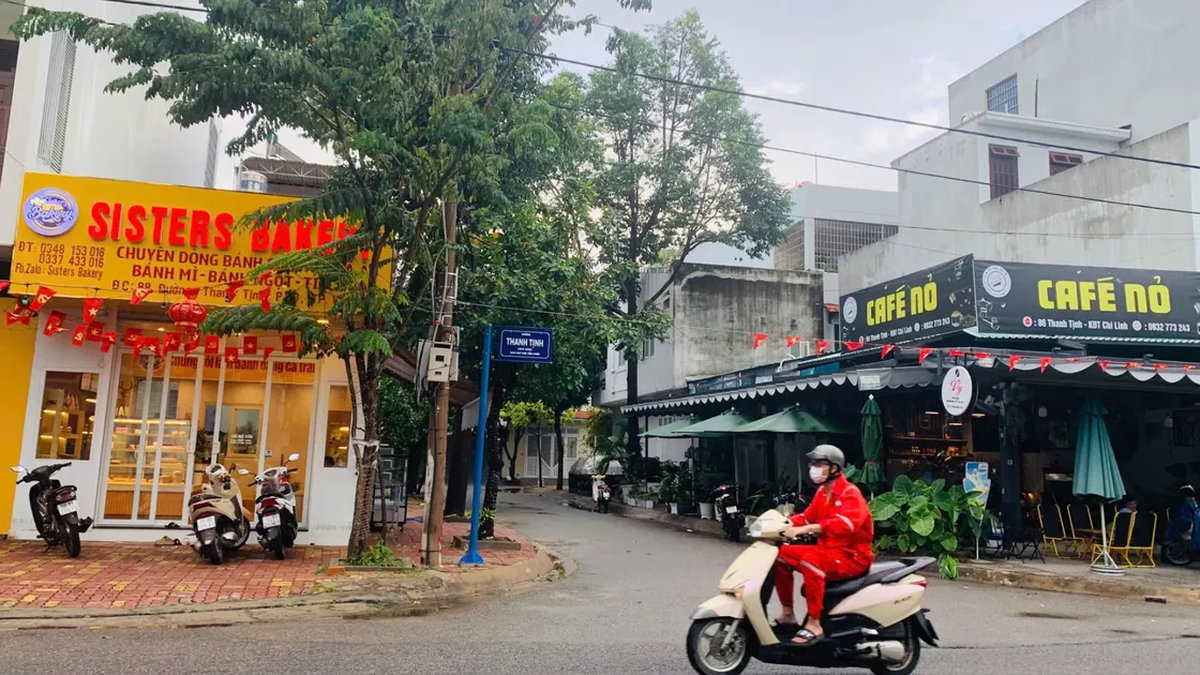


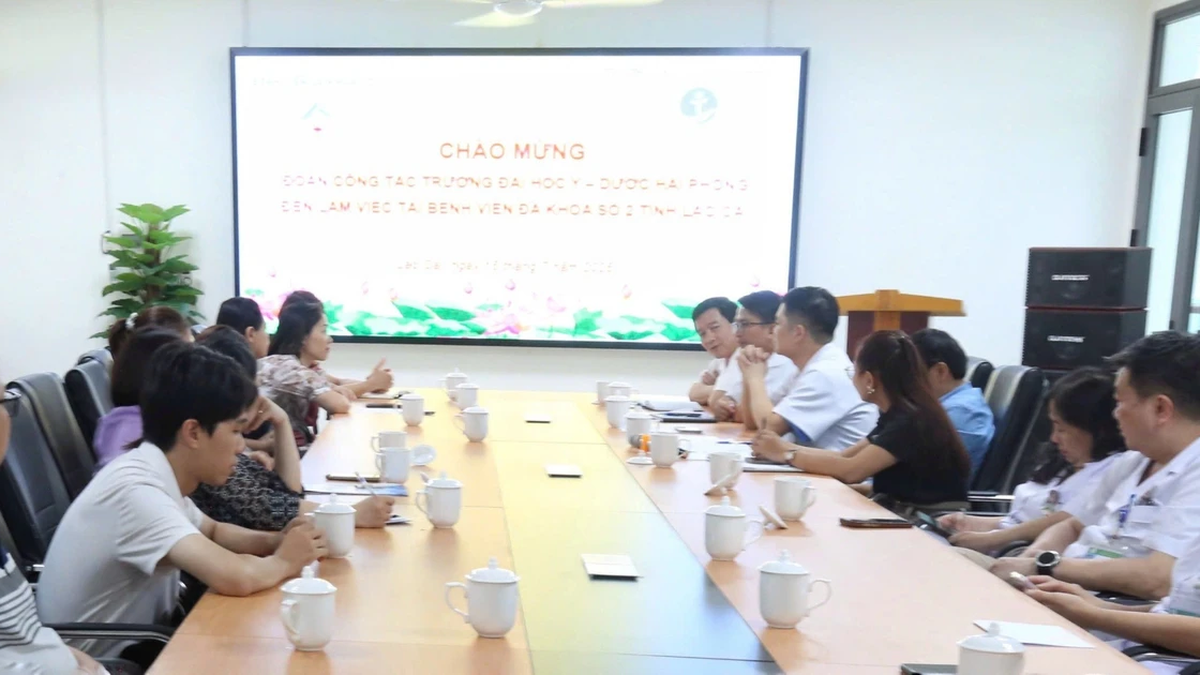

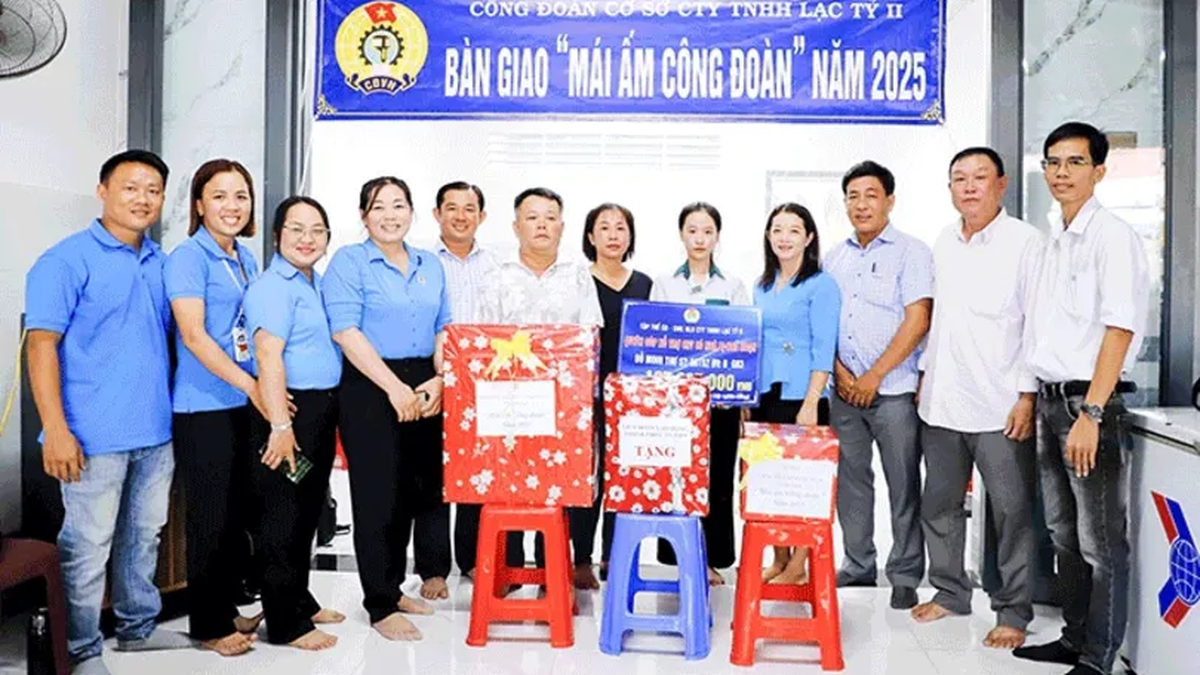























































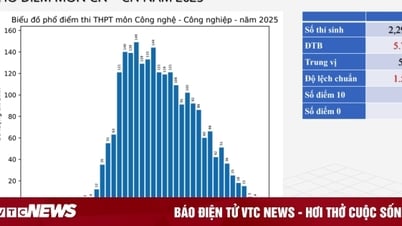




































Comment (0)